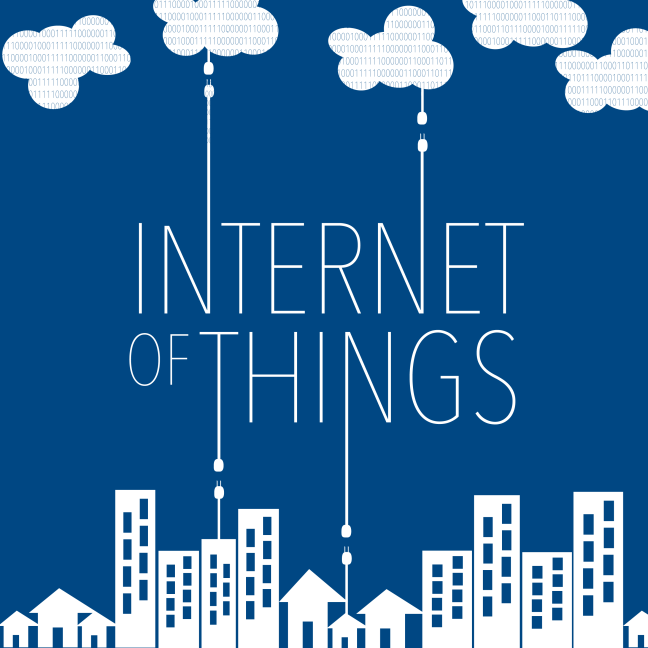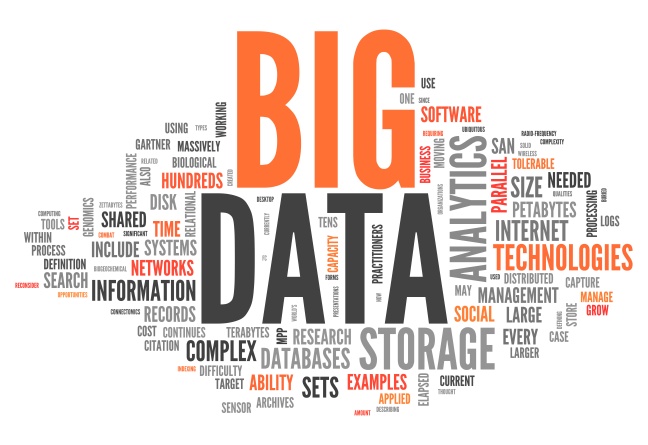
In this new era where technology prevails makes everyone go digital for the simple fact that it facilitates our life and makes us competitive to others. As an effect, a new type of threat as mentioned in my previous blog “Insurance Products for Data Liability” is affecting everyone going digital today. Such threat is commonly called “cyber crime” and is rapidly increasing as technology continues evolving. Nowadays, anyone using technology such as individuals, organisations, businesses, and even governments are exposed to attacks such as ransomware, identity theft, theft of sensitive data, theft of intellectual property, and spam messages. Even though technology developers continuously create countless softwares for different types of threats, hackers end up in one way or the other decode the security. The way developers answer to that is by updating their softwares. As a matters of fact, no everyone who uses technology today, frequently updates their security protection softwares or neither have enough protection or in the worst cases have no protection at all. For that simple reason, high executive in the world of insurance services have been commenting how insurance can fix that gap between privacy and protection.
An insurance coverage does not just transfer the risk of cyber crime to the insurer but also keep the insured on track with the best in software protection available. You may wonder, what business does an insurance company has showing their clients how to best protect themselves against any sort of risk? The reason is because the insurer wants to lower that risk to the minimum in order to generate as much profit possible. It is the same as when an insured has home insurance and someone robs his or her place, the insurer won’t pay the indemnity as long as the client comply with all the security measure stated by the insurer. Thus, the insurance industry has and will continue having but in a more important way the role of educating anyone who buys their cyber security protection services.
In my opinion, the way I see cyber liability insurance in the future is like today we see with car insurance in first world nations like Canada or the US (everyone is obliged to have it). You may wonder again, way? That is because cyber crime can cause tremendous damage to a country’s economy and a good education on the topic of cyber security makes markets within a country less vulnerable to cyber attacks. For example, on the 2014 Sony’s hack that cause a huge damage to the company, that damage did consequently affect the economy but in a really nonsignificant way. However, instead of being one single cyber attack to a company, imaging 20 or mare similar attacks to other major corporations within a country, that would be scary for their economy. According to an article written by Michelle Maisto, it says that an US market research called IDC said that cybercrime has cost the global economy $445 billion in the recent years and that figure is expected to increase.
Nevertheless, a Bloomberg article written by David Sax, suggest that the best insurance to be protected against cyber crime may be analog. It says that there is too much risk on connecting all our devices to the internet because the internet is easily hacked. Therefore, we should have a back up with analog equipments because they cannot be infected by malware and commandeered by hackers. Even though I agree with this argument, that the internet is still too weak for us to connect every single devise with because a hacker is capable of using our devises against us, I still believe that insurance coverages is a good way for everyone to integrate into this rapidly evolving digital age.

 One of the biggest threats companies are facing today is cyber crime and that is given to their needed and unstoppable integration into technology. Today, the need for a company to integrate new technology into its business is as important as assuring client satisfaction toward their products or services. That’s because competition is always high and new technologies can facilitates a business’s activities which consequently leads to higher profits. However, it is important to be aware that new technologies can also bring an entire company to bankruptcy if there is not a fully understanding of how this technology works. For example, any sensitive data that that is stored online or more commonly know as the “cloud” can be stolen by a hacker and such risk can be prevented by setting security measures such as encryption. Nonetheless we also know that most security measure that can be used today to protect sensitive data may sometimes be useless because hacker are still capable of decoding it. One example to that is what happened in the mid of 2014 when the giant US company “
One of the biggest threats companies are facing today is cyber crime and that is given to their needed and unstoppable integration into technology. Today, the need for a company to integrate new technology into its business is as important as assuring client satisfaction toward their products or services. That’s because competition is always high and new technologies can facilitates a business’s activities which consequently leads to higher profits. However, it is important to be aware that new technologies can also bring an entire company to bankruptcy if there is not a fully understanding of how this technology works. For example, any sensitive data that that is stored online or more commonly know as the “cloud” can be stolen by a hacker and such risk can be prevented by setting security measures such as encryption. Nonetheless we also know that most security measure that can be used today to protect sensitive data may sometimes be useless because hacker are still capable of decoding it. One example to that is what happened in the mid of 2014 when the giant US company “ In today’s world, we are living in a Big Data era and it is all thanks to the invention of a wireless computer network called “internet”. Since its creation, human evolution has gone in a more faster pace than ever imagined and that’s because of the huge amounts of data it has allowed us to collect. According to a Youtube video named
In today’s world, we are living in a Big Data era and it is all thanks to the invention of a wireless computer network called “internet”. Since its creation, human evolution has gone in a more faster pace than ever imagined and that’s because of the huge amounts of data it has allowed us to collect. According to a Youtube video named  In history, there have always been
In history, there have always been  In insurance as in many other industries, knowledge is the most valuable asset a business can have. For insurance, knowledge has always been the rock that sustains the business. Nonetheless, since the invention of the internet by the end on the twentieth century, it started making information more widely available and at a highly cheaper price. Since that time, technology has started to evolve faster than ever before in human history. As an effect, that was the beginning of Big Data, and like I mentioned in
In insurance as in many other industries, knowledge is the most valuable asset a business can have. For insurance, knowledge has always been the rock that sustains the business. Nonetheless, since the invention of the internet by the end on the twentieth century, it started making information more widely available and at a highly cheaper price. Since that time, technology has started to evolve faster than ever before in human history. As an effect, that was the beginning of Big Data, and like I mentioned in  Today more than ever, technology has broken into barrier that in the past seemed impossible to take down. In all areas, technology has given eyes to explore a huge variety of information which consequently has affected society in both positive and negative ways. As technology continuous evolving throughout the years, more and more information is being gathered and with more ease than ever before. All these technological innovations that today have made us more knowledgeable about almost everything, have consequently led us to the creation of the term “
Today more than ever, technology has broken into barrier that in the past seemed impossible to take down. In all areas, technology has given eyes to explore a huge variety of information which consequently has affected society in both positive and negative ways. As technology continuous evolving throughout the years, more and more information is being gathered and with more ease than ever before. All these technological innovations that today have made us more knowledgeable about almost everything, have consequently led us to the creation of the term “